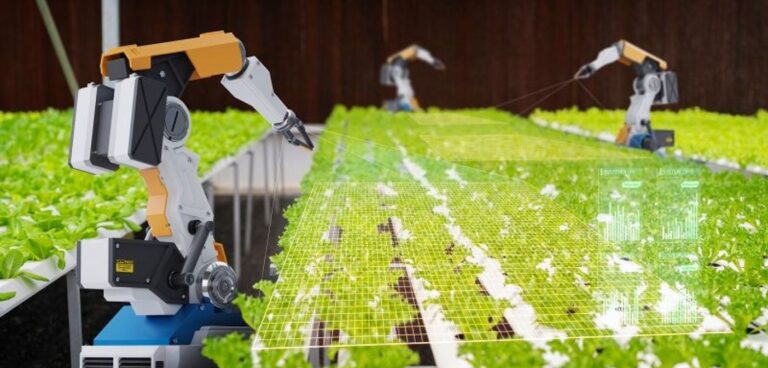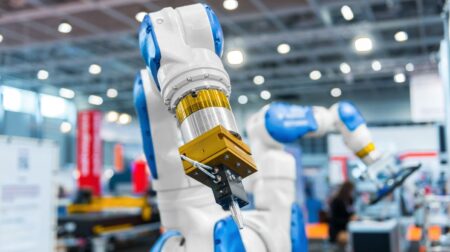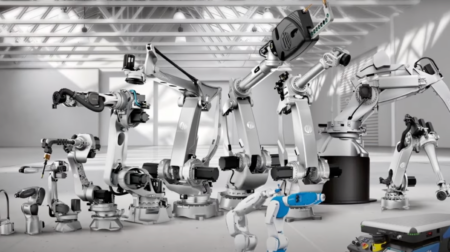An international team of scientists, led by the University of Leeds, has investigated how robotics might impact delivery of the UN Sustainable Development Goals (SDGs).
The review involved more than 102 experts from around the world, including 44 experts from low- and middle-income countries.
Experts in robotics, autonomous systems and/or the SDGs then participated in online surveys, group discussions and workshops to identify potential positive and negative impacts of robotics on SDG delivery.
Several key opportunities and threats were identified from the responses.
The identified key opportunities were replacement of dangerous, repetitive or unfilled labour roles, assistive activities, accelerated innovation, enhanced access to dangerous or remote areas, transport and supply-chain transformation and influence on decision-making.
The highlighted potential threats include reinforced inequalities based on government income, environmental impact, resource diversion and reduced freedom and privacy through inadequate governance.
The research was conducted as part of the University of Leeds’ Self Repairing Cities project, which aimed to enable robots and autonomous systems to maintain urban infrastructure without causing disruption to citizens.
Lead author, Dr Solène Guenat, said: “Robotics and autonomous systems are here to stay and will fundamentally transform how we interact with one another, technology and the environment.
“This transformation offers many potential benefits for sustainable development.
“However, realising those benefits while minimising unintended consequences is a complex challenge.
“Early identification of possible negative impacts along with early collaboration and continued dialogue across stakeholders will help us seize opportunities while avoiding pitfalls.”
The paper, which is titled ‘Meeting Sustainable Development Goals via Robotics and Autonomous Systems’ and is published in Nature Communications, highlights warnings that, as of early 2020, insufficient progress was being made toward meeting the SDGs by 2030.








